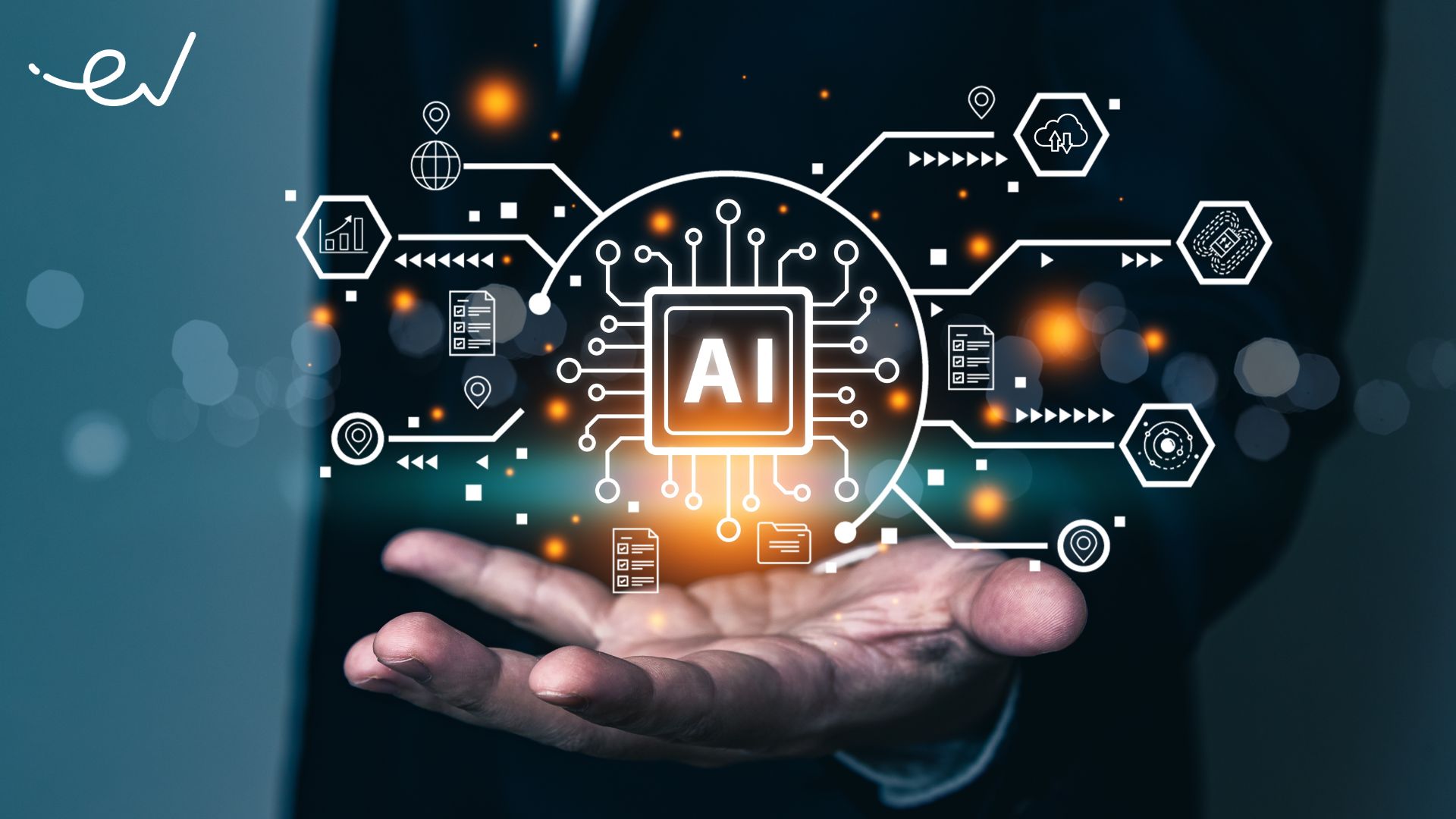Artificial Intelligence in Everyday Life: Applications and Implications
Artificial Intelligence (AI) has transcended the realm of science fiction to become an integral part of our daily lives. From virtual assistants to recommendation algorithms, AI applications are ubiquitous. This article explores the various ways AI is integrated into everyday life, examining its applications and considering the implications of this rapidly advancing technology.
AI Applications in Daily Activities
1. Virtual Assistants and Smart Devices
Virtual assistants like Siri, Alexa, and Google Assistant have become commonplace. These AI-powered entities assist with tasks such as setting reminders, answering questions, and controlling smart home devices, making daily routines more efficient.
2. Recommendation Systems
AI-driven recommendation algorithms are embedded in streaming services, e-commerce platforms, and social media. They analyze user preferences and behavior to offer personalized content, product suggestions, and social connections.
AI in Healthcare
1. Diagnostic Tools and Imaging
AI plays a crucial role in healthcare by enhancing diagnostic accuracy. Image recognition algorithms analyze medical images, aiding in the detection of diseases like cancer. AI-driven diagnostic tools contribute to early detection and improved patient outcomes.
2. Drug Discovery and Treatment Personalization
AI accelerates drug discovery processes by analyzing vast datasets and identifying potential drug candidates. Additionally, AI is utilized to personalize treatment plans, considering individual patient characteristics for more effective medical interventions.
AI in Transportation
1. Autonomous Vehicles
The development of autonomous vehicles relies heavily on AI technologies. Machine learning algorithms enable vehicles to interpret their surroundings, make real-time decisions, and navigate complex traffic scenarios.
2. Traffic Management Systems
AI contributes to efficient traffic management through predictive analytics and optimization algorithms. Smart traffic lights, for example, use AI to adapt to traffic patterns, reducing congestion and improving overall traffic flow.
AI in Education
1. Personalized Learning Platforms
AI-driven educational platforms tailor learning experiences to individual students. Adaptive learning systems analyze student performance and adjust coursework to meet their specific needs, fostering a more personalized and effective learning environment.
2. Automated Grading and Assessment
AI simplifies the grading process for educators by automating assessments. Machine learning algorithms can analyze and evaluate assignments, providing timely feedback to students and optimizing the teaching and learning process.
Implications and Considerations
1. Ethical Concerns and Bias
As AI systems learn from vast datasets, they may inadvertently inherit biases present in the data. Ethical concerns arise regarding biased decision-making, reinforcing existing prejudices, and the need for transparency and fairness in AI development.
2. Job Displacement and Economic Impact
The automation facilitated by AI may lead to job displacement in certain industries. Preparing the workforce for the evolving job landscape and addressing potential economic disparities are critical considerations.
Privacy and Security
1. Data Privacy Challenges
AI systems often rely on extensive data collection, raising concerns about individual privacy. Striking a balance between the benefits of AI and protecting user privacy requires robust regulations and ethical guidelines.
2. Cybersecurity Threats
The interconnected nature of AI systems makes them susceptible to cybersecurity threats. Safeguarding AI technologies against hacking, data breaches, and malicious attacks is paramount to maintaining a secure digital environment.
Future Trends in AI Integration
1. AI-powered Internet of Things (IoT)
The synergy between AI and IoT is set to grow, enabling smart devices to make more intelligent decisions based on data analysis. This integration will enhance the efficiency and effectiveness of IoT applications.
2. Explainable AI (XAI)
Addressing the “black box” nature of some AI algorithms, Explainable AI aims to provide clear explanations of AI decision-making processes. This transparency is crucial for building trust and understanding how AI systems operate.
Conclusion
Artificial Intelligence has become a pervasive force in our everyday lives, transforming how we work, learn, and interact. From virtual assistants simplifying daily tasks to advanced applications in healthcare and transportation, the impact of AI is far-reaching. However, as AI continues to evolve, it is imperative to address ethical considerations, privacy concerns, and the potential for economic shifts. By embracing AI responsibly and proactively addressing its implications, society can harness the benefits of this transformative technology while mitigating its challenges. As AI becomes even more ingrained in our daily routines, an ongoing dialogue about its ethical, social, and economic implications will be essential for shaping a future where AI enhances human well-being and fosters positive societal progress.




